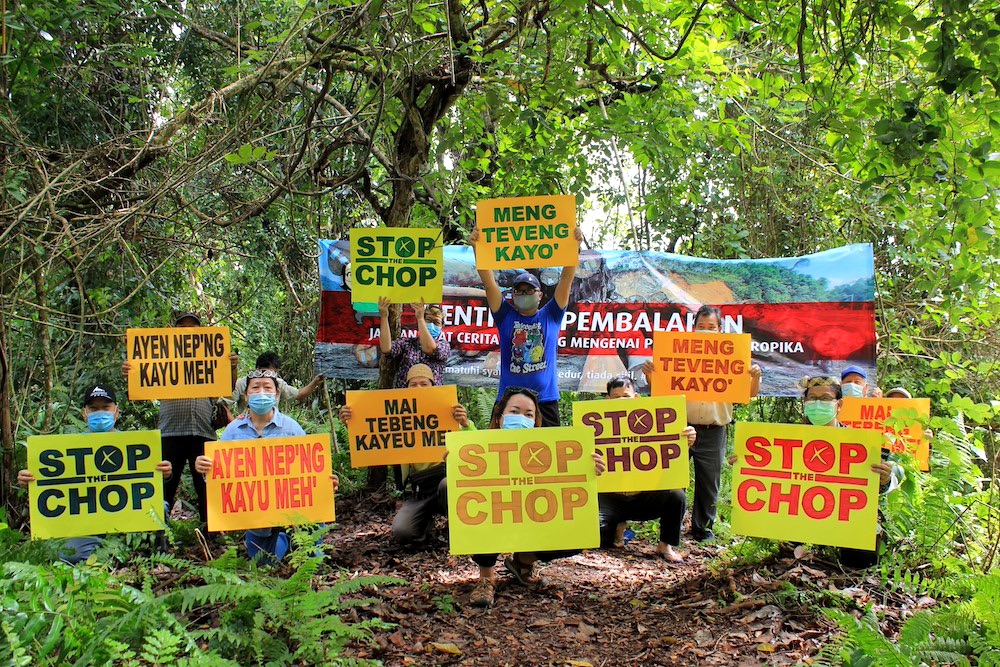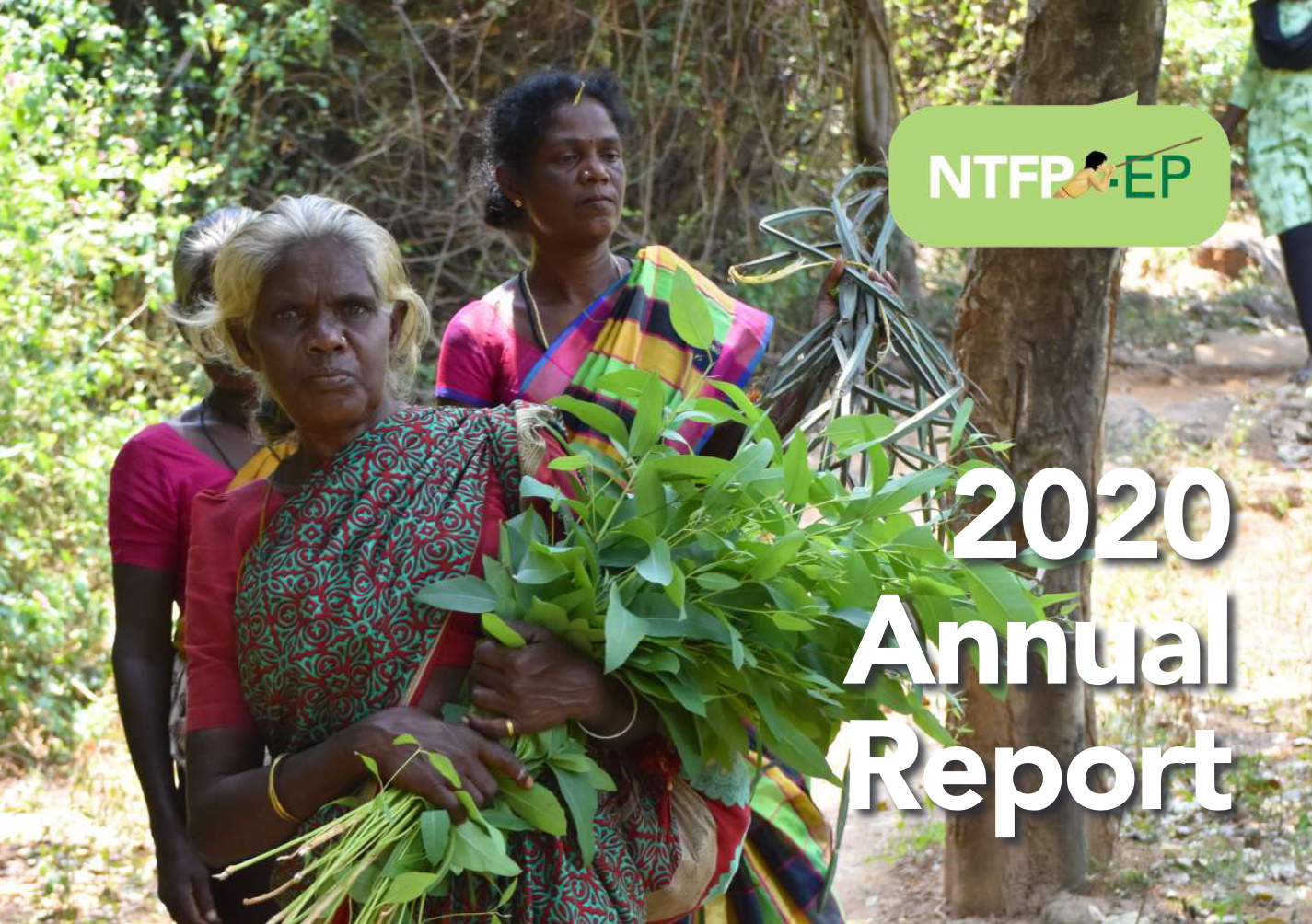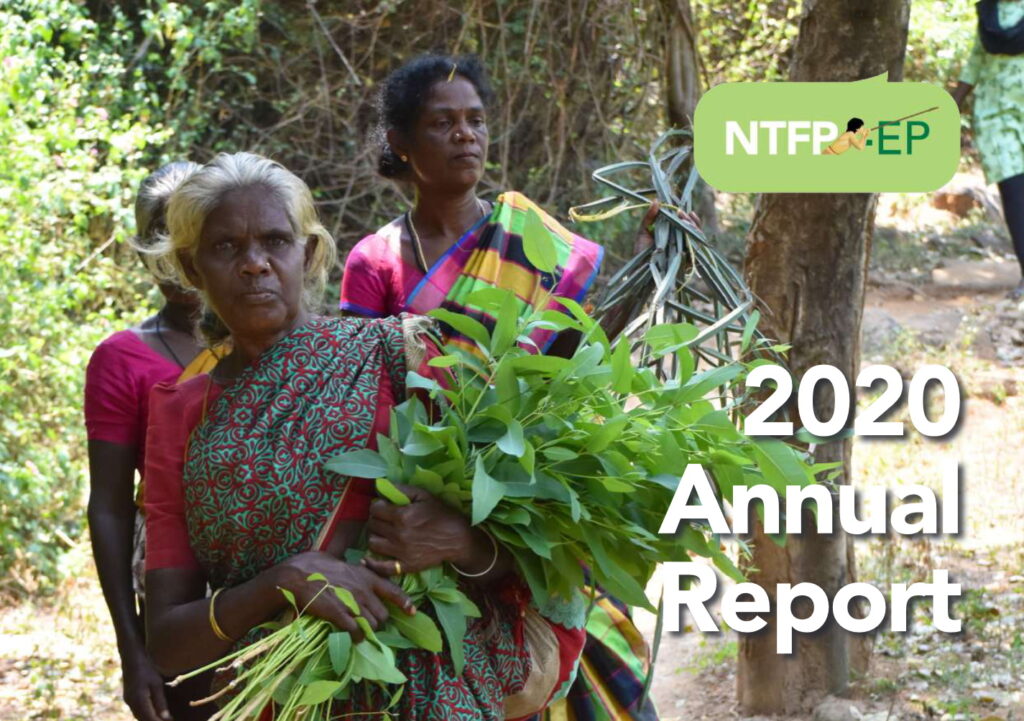
NTFP-EP Asia and NTFP-EP Malaysia have signed a letter along with a hundred organizations asking Malaysian timber giant Samling to withdraw its defamation suit against one of our partners, SAVE Rivers, and its board members.
The suit claims SAVE Rivers made defamatory statements against Samling in several press releases throughout 2020 and 2021, questioning the sustainability of their logging operations in Sarawak and the certification process by the Malaysian Timber Certification Council. The signatories from Malaysia and around the world believe this suit is strategic litigation against public participation (SLAPP), and is part of a growing international trend of silencing human rights and environmental defenders.
We stand in solidarity with our fellow signatories in calling for an end to the harassment of Indigenous environmental and human rights defenders.
The full text of the letter can be found below (via The Borneo Project)
To: Yaw Chee Ming, CEO, Samling Group
Dear Mr. Yaw Chee Ming,
The following organisations ask that Samling withdraw its legal suit against SAVE Rivers and its board members, and provide the communities of Samling’s Gerenai and Ravenscourt concessions in Sarawak with all of the environmental and social impact assessments conducted for the certification, including the High Conservation Value assessment.
The suit claims SAVE Rivers made defamatory statements about the company in several press releases throughout 2020 and 2021. We believe this suit is strategic litigation against public participation (SLAPP), and is part of a growing international trend of silencing human rights and environmental defenders.
Instead of addressing the very legitimate concerns of Sarawak’s indigenous communities and engaging in a meaningful dialogue, Samling has resorted to legal action. The suit against SAVE Rivers was filed while a case is pending with the Malaysian Timber Certification Council’s Dispute Resolution Committee. This undermines the necessary and clearly regulated dispute resolution process.
The following signatories fully support SAVE Rivers and the Indigenous communities expressing concerns over certification, and demand that Samling refrain from legal action against civil society organizations and local communities.
We urge Samling to drop the SLAPP suit against SAVE Rivers and its directors, to release all relevant project documentation, and to engage in meaningful consultations with local communities about their lands.
Signed,
1stopborneo wildlife
350.org Asia
350.org Japan
Advancing Knowledge in Democracy and Law initiative
Agora Society Malaysia
Alaska Clean Water Advocacy
Aliran
All Women’s Action Society
Alternatives to Violence Project Malaysia
Angkatan Belia Islam Malaysia (ABIM)
Association of Toy Libraries Malaysia
Biofuelwatch
Blueprint for Free Speech
Bob Brown Foundation
Bruno Manser Fund
BRWA (Badan Registrasi Wilayah Adat) – Indonesia
California Trade Justice Coalition
Canopée
Caritas Diocese of MiriI
Center for Orang Asli Concerns
Center to Combat Corruption and Cronyism (C4 Center)
Centre for Independent Journalism (CIJ) Malaysia
Childline Foundation
Clean Air Action Group
Climate Wise Women
COECOCEIBA – Friends of the Earth Costa Rica
Colong Foundation for Wilderness
Covenant Tribal Solar Initiative
Earth Island Institute
Earthsight
Environmental Investigation Agency (EIA)
Environmental Paper Network (EPN)
Environmental Protection Information Center
Environmental Protection Society Malaysia (EPSM)
Family Frontiers
FECOFUN
Fern
ForestCom
Forum Ökologie & Papier
Free Tree Society Kuala Lumpur
Friends of the Earth International
G25 Malaysia
Gabungan Darurat Iklim
Green Empowerment
GreenFaith
Greenpeace Southeast Asia
Health In Harmony
ICCA Consortium
International Forum on Globalization
International Rivers
Japan Tropical Forest Action Network
Jaringan Kerja Pemetaan Partisiaptif (JKPP)
Justice for Sisters
Kaoem Telapak
KERUAN Organisation
Kiu & Co.
LEAP – Land Empowerment Animals People
Malaysian CARE
Melbourne Rainforest Action Group
MyHutan
Non-Timber Forest Products Exchange Programme Asia
Non-Timber Forest Products Exhange Programme Malaysia
North South Initiative
Nuclear Consulting Group (NCG)
OGM dangers
Ohmsi Sdn Bhd
Oil Change International
Partners of Community Organisations (PACOS)
Penang Forum
Pergerakan Tenaga Akademik Malaysia (GERAK)
Persatuan Kesedaran dan Keadilan Iklim Malaysia – Klima Action Malaysia ( KAMY )
Persatuan Sahabat Wanita Selangor
Pertubuhan Alam Sekitar Sejahtera Malaysia -GRASS
Pronatura – Friends of the Earth Switzerland
Pusat KOMAS
Rainforest Action Network
Raptors Are The Solution
Real Food Real Stories
Rettet den Regenwald (Rainforest Rescue)
Sacred Land Film Project
Sahabat Alam Malaysia, Friends of the Earth Malaysia
Salva la Selva, Spain
Seacology
Seeding Sovereignty
Sisters in Islam (SIS)
Siti Kasim & Associates
Society for Threatened Peoples (STP)
Stop Fish Bombing USA
Sustainable Development Network Malaysia
TENAGANITA
Terabai Kenyalang Heritage Association of Sarawak
The Altai Project
The Borneo Project
The KL & Sel Chinese Assembly Hall Women Division
The Oakland Institute
The Woodland League
Third World Network
Thousand Currents
Treat Every Environment Special
Undi Sarawak
Viva Sierra Gorda
Western Australian Forest Alliance (WAFA)


